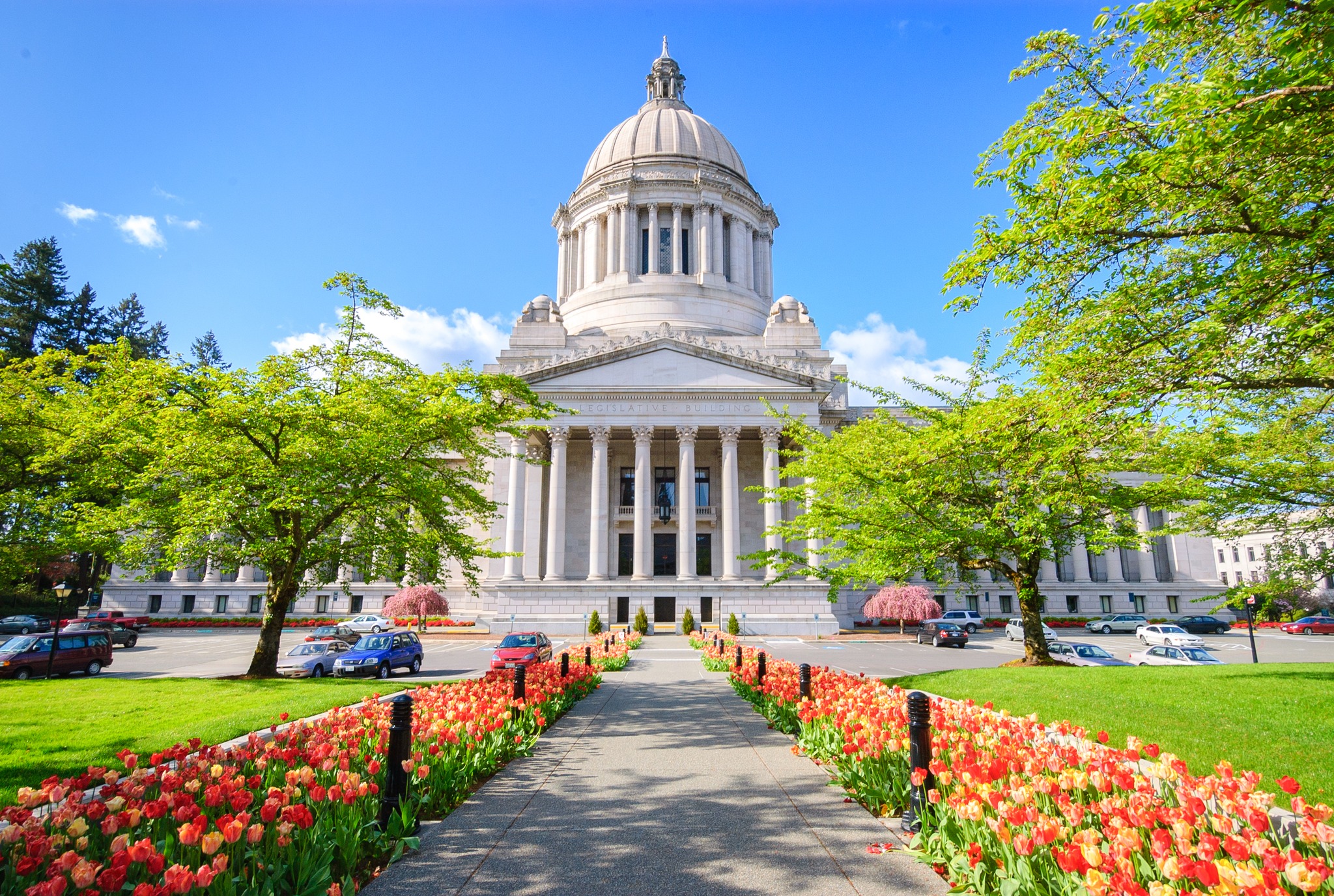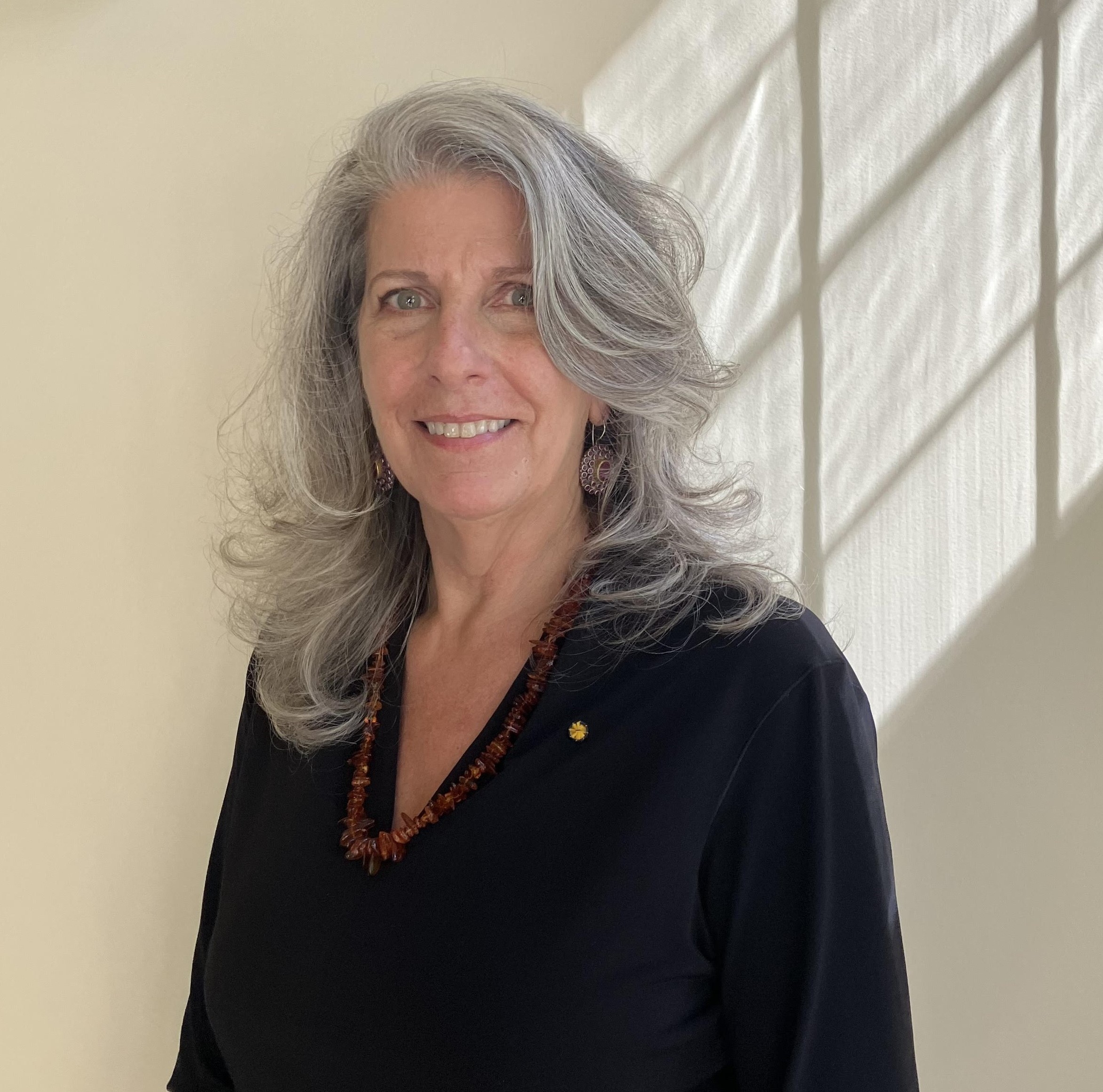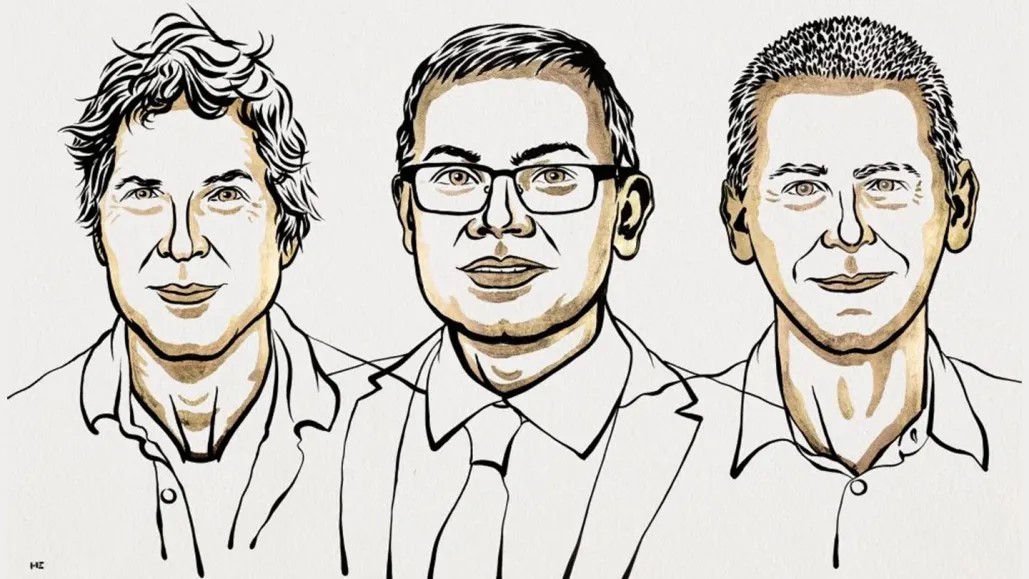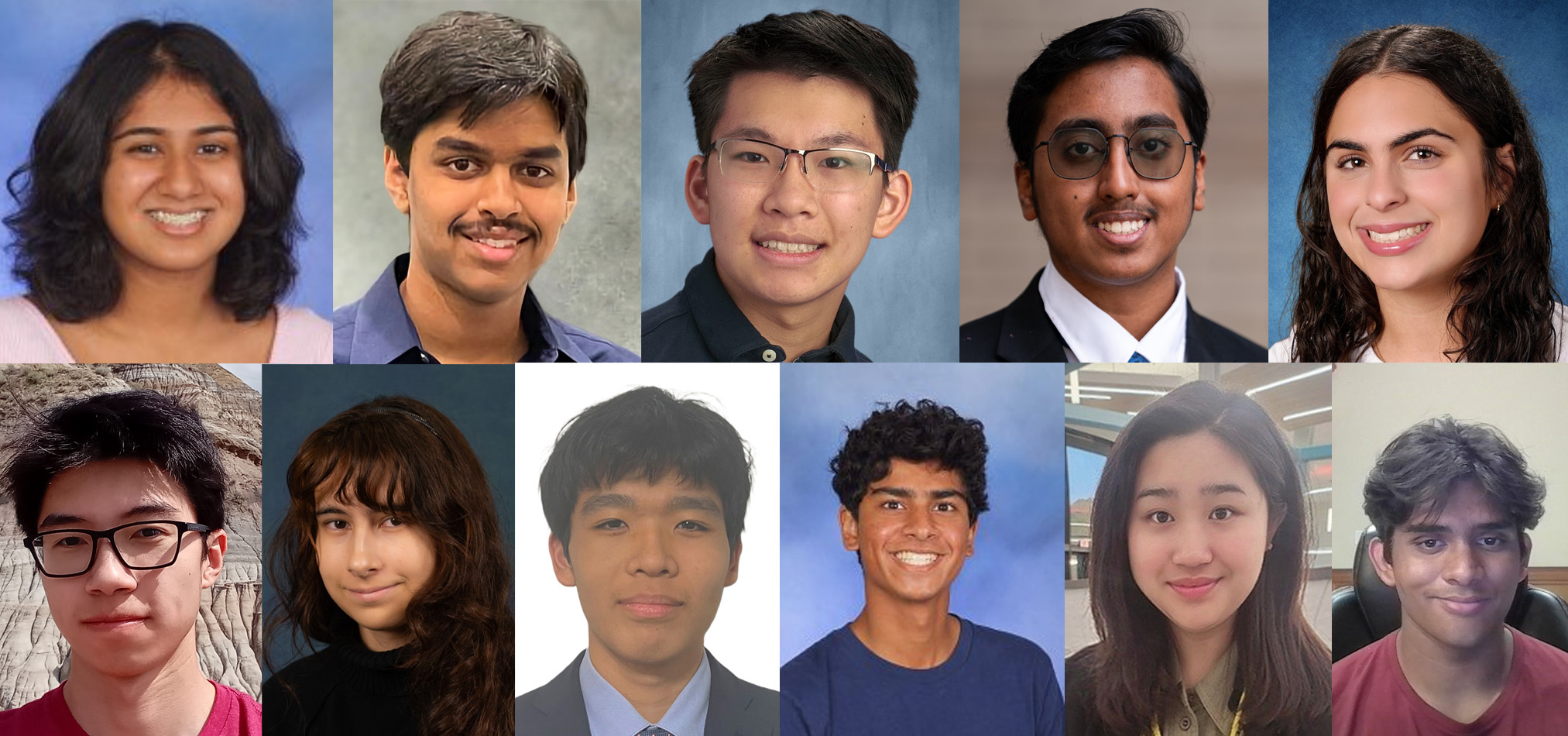
SEATTLE, WA – The Washington State Academy of Sciences (WSAS) recently received 0,000 in funding from the National Conference of State Legislatures (NCSL) to support the planning of a science policy fellowship program in Washington state.
“As an organization, WSAS’s mission is to provide Washington state policymakers with objective scientific and technical advice as they craft policies and make decisions,” said John Roll, current WSAS president and Professor and Vice Dean for Research, at Washington State University’s Elson S. Floyd College of Medicine. “A fellowship program that places early-mid career scientists in the legislature fits squarely within that mission and is the perfect complement to the work we already do for the state.”
WSAS currently accomplishes its mission through a structure that mirrors both the form and function of the National Academies, i.e, senior members of the scientific and engineering communities are elected by their peers and agree to serve when they confirm their membership. Members advise state legislators, agencies, and the Governor’s office through discrete projects that take place over months or years. However, policymakers would greatly benefit from more “on-demand” scientific and technical input from scientists who span various disciplines and career stages. Nonpartisan science policy fellows embedded in the legislature would provide policymakers with rapid and more direct access to relevant research and research networks.
“As a clinical scientist and pharmacist, I know that a S&T fellowship program would be a huge win for Washington – both in terms of supporting the development of evidence-based policies as well as fostering the next generation of science policy leaders,” said Washington State Representative Vandana Slatter, co-chair of the Science Innovation and Technology (ScITech) Caucus and a supporter of this initiative. “WSAS has been an important partner to the state legislature and I am excited that they are taking on this initiative to develop and administer a S&T policy fellowship program for the state.”
This planning grant is one of four awarded by the Center for Results-Driven Governing at NCSL, with support from the Gordon and Betty Moore Foundation, to encourage efforts to develop state science policy fellowship programs.
Several states already have science policy fellowships, with each program tailored to the unique needs and constraints that exist within that state. California’s fellowship is the longest running state program and is based on the even longer running S&T policy fellowship program managed by the American Association for the Advancement of Science which places fellows in the executive, legislative and judicial branches of the federal government. These programs have proven to be an effective way to engage scientists in the policy process and build relationships among scientists and policymakers to support the development of evidence-based policies.
“These fellowship programs are a win-win for scientists and policymakers,” said Donna Gerardi Riordan, WSAS executive director. “Fellows gain valuable real-world experience working directly in the policymaking process as legislative aides, while Washington state legislators gain access to impartial, science-savvy staff as they make critical decisions.”
Over the next year, WSAS will work collaboratively with legislators and other stakeholders to design a nonpartisan fellowship program that meets the needs of legislators in Washington state. WSAS will also participate in NCSL’s peer network to learn about best practices, tools and strategies for developing and managing state fellowship programs.
Among Washington state’s unique attributes is its leadership in clean energy innovation. In 2021, the Washington state legislature passed the Climate Commitment Act (CCA), making Washington the second state in the nation to pass a statewide cap-and-invest program to reduce carbon emissions and build climate resilience. In the coming years, the state will be faced with making a number of important decisions and policies around climate mitigation and adaptation, renewable energy and grid resiliency, alternative transportation and clean fuels, local government climate planning, salmon recovery, riparian restoration, sustainable forestry, and environmental justice, all of which would benefit from scientific and technical input.
“Now is the time for an S&T fellowship program in Washington state,” said Gerardi Riordan. “We look forward to working with legislators and partners throughout the state to get this program off the ground.”
To learn more about this effort, contact Donna Gerardi Riordan (donna.riordan@washacad.org).
Related Posts
October 15, 2024
Donna Gerardi Riordan reflects on her time leading WSAS over the last 7 years.
October 9, 2024
Washington State Academy of Sciences member David Baker has been awarded one half of the 2024 Nobel Prize in Chemistry “for computational protein design.”
October 2, 2024
WSAS announced the 2025 Washington State delegates to the American Junior Academy of Science. These 11 students were selected based on original STEM research they conducted while in high school and will attend the 2025 AAAS annual meeting in Boston.


